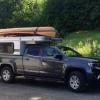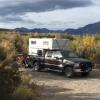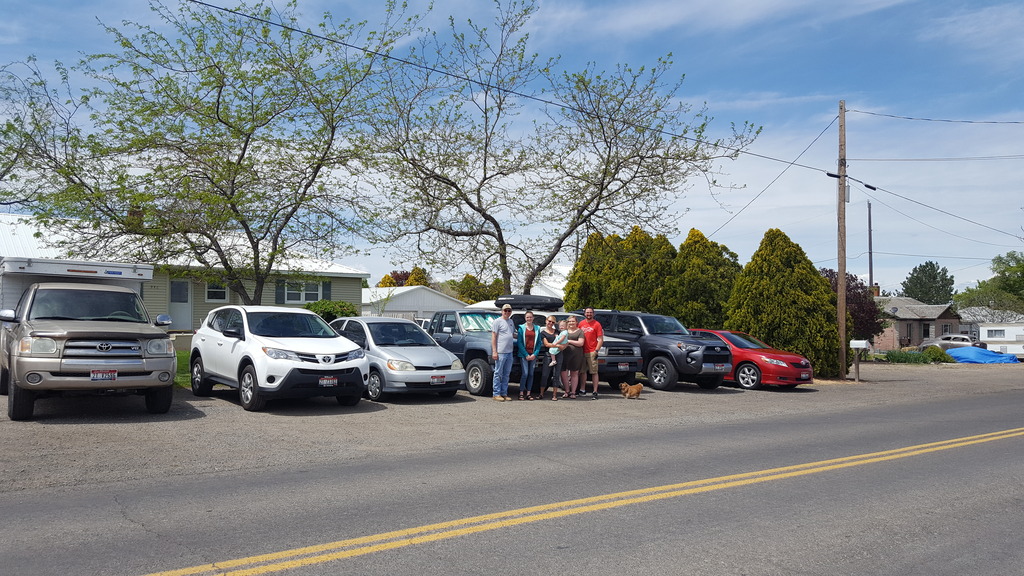Wow....from a thread dedicated to the question of being OVERWEIGHT and what truck/camper combo works or not, it's now a Toyota vs. Detroit argument.
1) I doubt more than 1/10th of one percent of us will EVER take ANY kind of truck with 100,000-200,000 miles out so far in the boondocks we have to be worried all the time that our "Detroit Iron" will break down so that has nothing to do with this thread.
2) Reliability vs cost? If you buy a Toyota because a Big Three costs too much, then buy a Big Three that is less than three years old with under 20,000 miles that some other camper owner used infrequently and has all the bells and whistles.
3) This isn't about how wider trucks and/or campers will restrict where you go, hell, its a big country so if Back Road "A" is going to scratch your nice new $40,000 truck and $25,000 camper then maybe you should consider Back Road "B"?
4) This thread is asking the basic question about overloading any truck. The basic response is "Well, everybody does it!" but so what, that does not make it any safer or smarter or easier on the truck when you do that.
5) Just because "The Beverly Hillbillies" made it to LA with a very overweight truck does not mean it was a good idea, even if they had helper springs, sway bars, air bags and "E" rated tires on that truck. No offense, but the phrase "putting lipstick on a pig" comes to mind here.
OK, maybe after you load up for a couple weeks in the bush you run across the scales to check the GVWR and the weight of each axle you discover you are OVERLOADED on the rear axle but still under the GVWR you feel that is still safe that's your business. Maybe 100 or 200 lbs won't be a problem. Then again maybe you find you are 300+ lbs over loaded on the rear axle...and you have everyone blinking their lights at you as if you had your high beams on then maybe your rig is a little bit too heavy?
Maybe you have each axle right at it's load capacity...then you find out you are WAY over the GVWR...is that a good idea? My '88 F-250 4x4 has a front axle capacity of 3920 lbs and a rear axle capacity of 6084 lbs...but the GVWR is 8800 lbs. Hmm, if I weigh the front and find I am right at 3920 and the rear and am right at 6084....then I am now at 10,004 lbs!!!! that is 1,200 OVER the GVWR!
Bad Idea! So...back to the original topic... "Overweight: Your Perspective"....I think safety overrules all other considerations here.
By the way, if you do go buy a new truck and then add sway bars, spring leafs or different springs or air bags....have you just voided your warrantee from the manufacturer because I think over loading is a sure way to wear out brakes, is hell on transmissions and probably may be a cause for engine problems aside from standard recall issues.
Aside from all that....its your truck, its your camper its your safety out there on the highway and off the highway....make wise choices my friends!





















